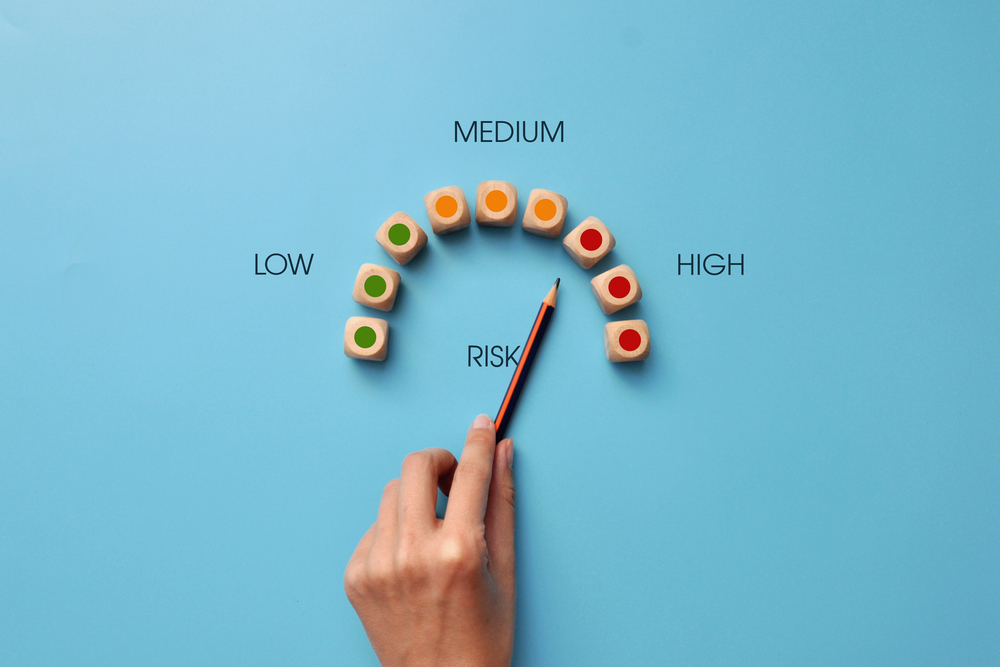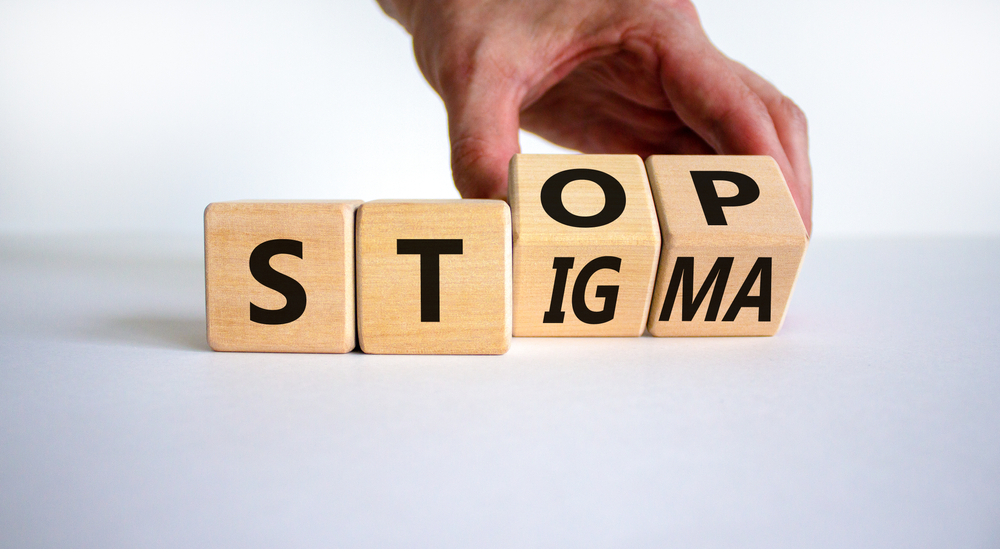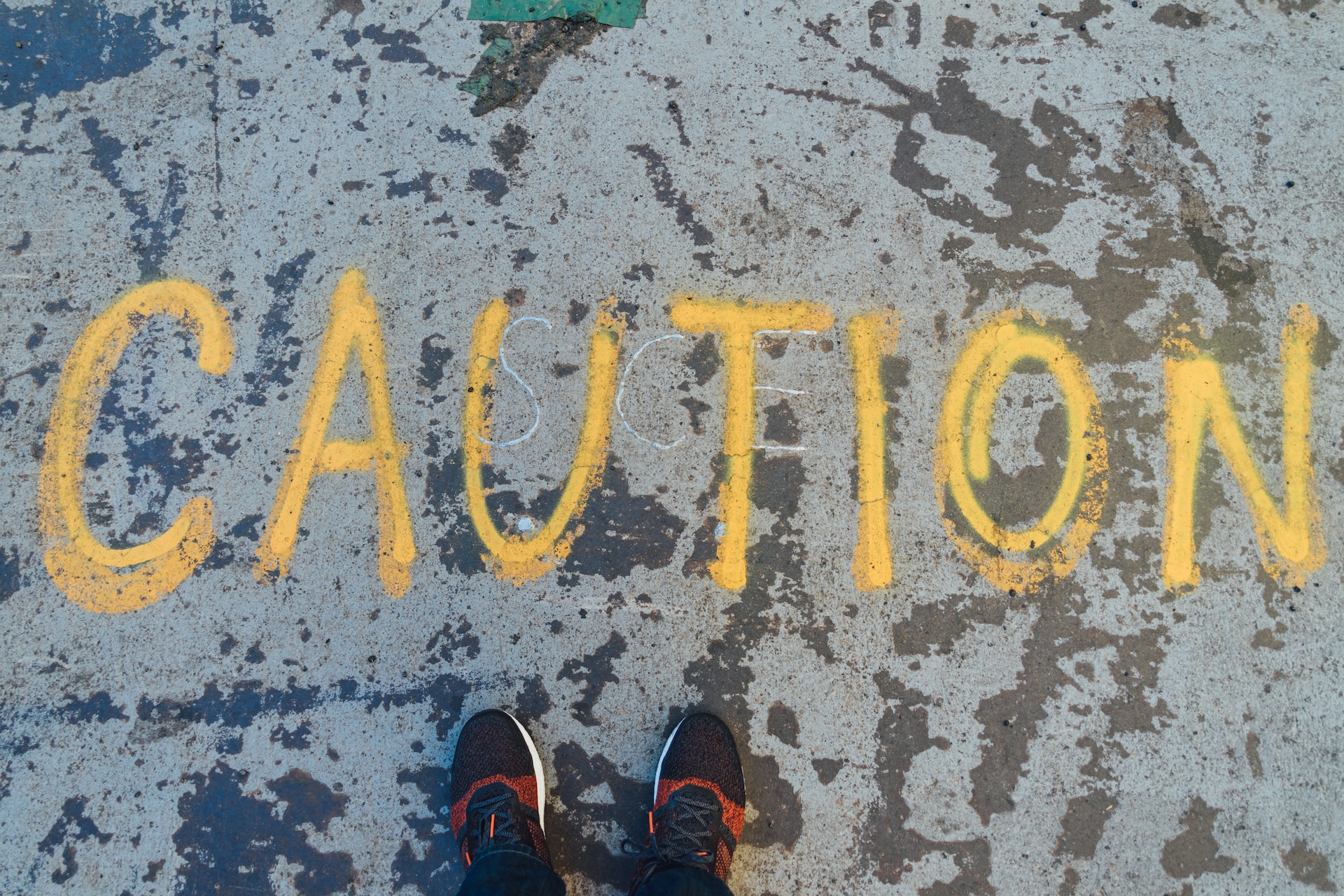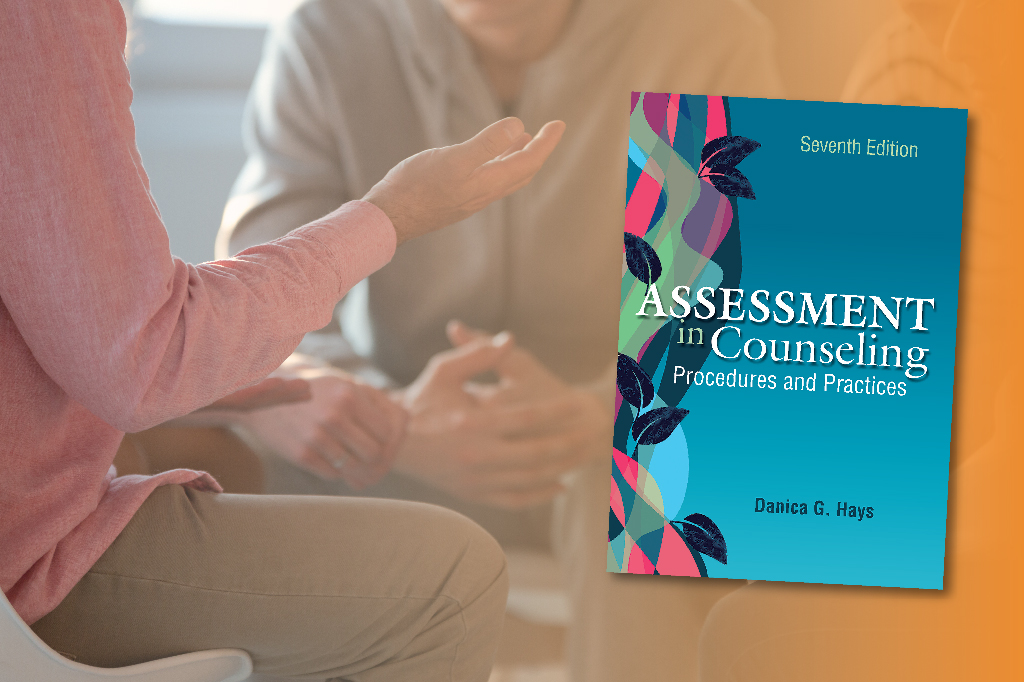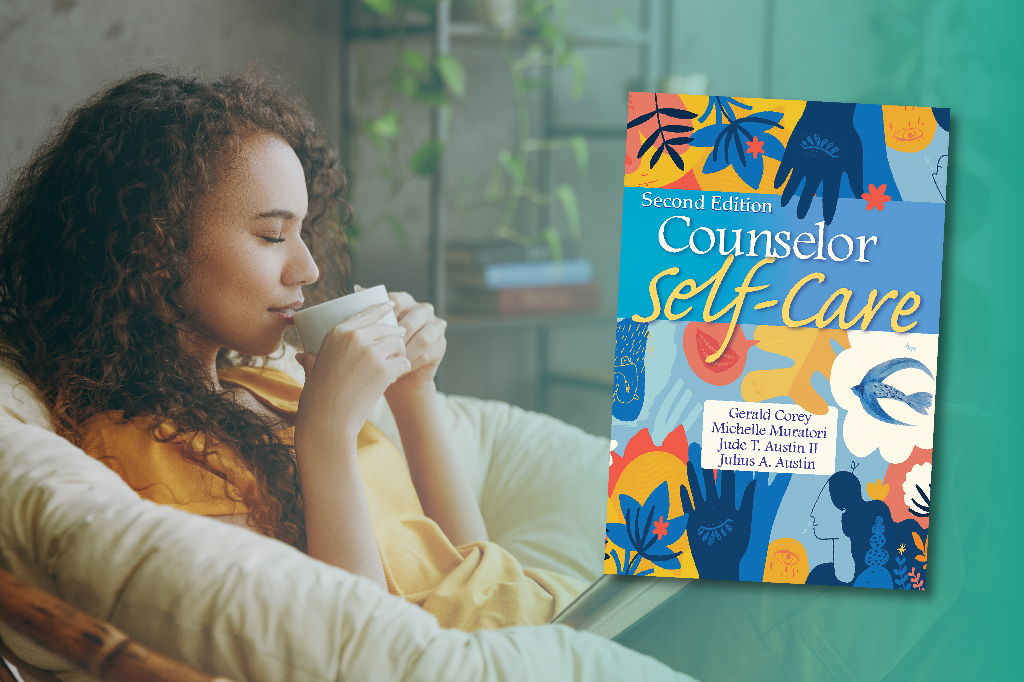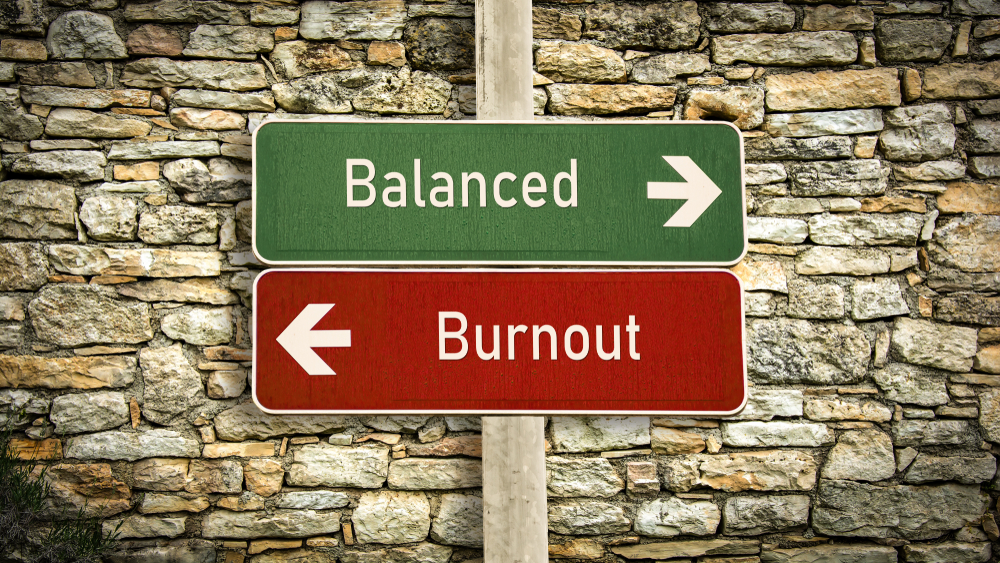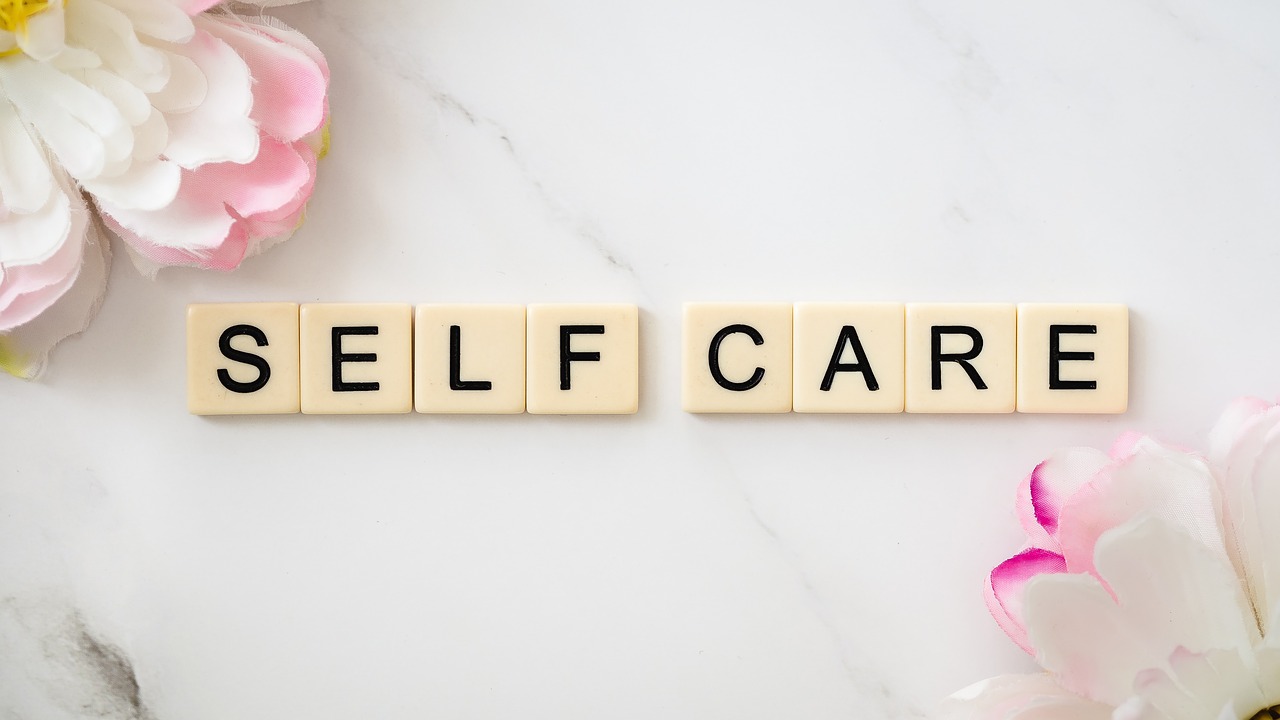
Highlighting the importance of mental health awareness
While one in five people will experience mental illness over the course of their lifetimes, everyone will face challenges that can and will affect their mental health. Observed every year on October 10, World Mental Health Day seeks to raise awareness of mental health issues and highlights efforts to support mental health.
Acknowledging the state of one’s mental health issues is important, and so is being able to seek help when you’re struggling. ACA has provided sharable graphics and resources to support counselors around the world who play a crucial role for those struggling with their mental health.
Related Articles from Counseling Today
General Public Resources from the Counseling Corner
Brain Fitness Can Help Fight Memory Loss
It’s a common problem many of us encounter as we age — we forget more things and it seems to happen more frequently. It can be a frustrating experience and even a frightening one as we worry that serious issues of dementia are just around the corner.
While researchers are only beginning to understand exactly why our brains seem to be more prone to memory issues as we get older, they have, however, begun to make real progress in finding ways to help fight memory problems as we age. And the latest advice is that we all ought to begin proactively working to keep maximum brain function at a much earlier age.
Many older folks try to keep mentally active through activities like crossword or Sudoku puzzles, and that's a good thing. But more recent research is finding that such activities simply may not be providing the level of stimulation needed for real “brain fitness.”
Brain fitness starts with mental activities that truly engage your mental powers. They can take a variety of forms. Critical thinking, for example, requires you to think about a topic that you understand and agree with, and then to look at that same subject from the opposite point of view. Can you evaluate the strengths and weaknesses of that subject from a totally different side than the one you’re normally on?
You want to stimulate your brain in ways that require it to really think about finding new solutions. Locating new recipes and then working out ways to improve them is such an activity. Learning and using new vocabulary words, tackling a foreign language, or taking up a new hobby like art or music, are all ways to maximize brain effort and increase brain stimulation.
Brain fitness also requires recognizing that the brain is a part of your body and is affected by your fitness. It requires exercising more, eating healthier and staying fit overall. It means staying on top of potential health risks, like your blood pressure and cholesterol levels.
Doing a daily crossword puzzle may be fun and provide some brain stimulation, but really working for brain fitness means doing things to improve your reasoning, problem-solving and memory abilities, activities that are a real mental stretch. At the same time, staying fit and managing health risks are the keys that can all add up to better mental health and long, positive brain function.



